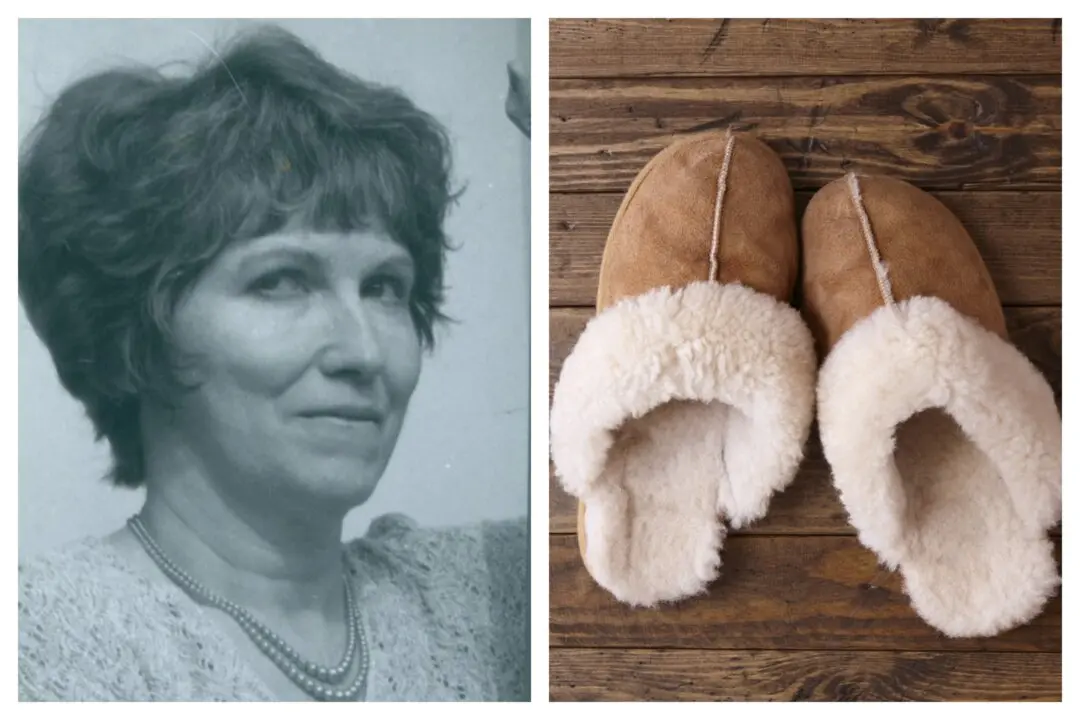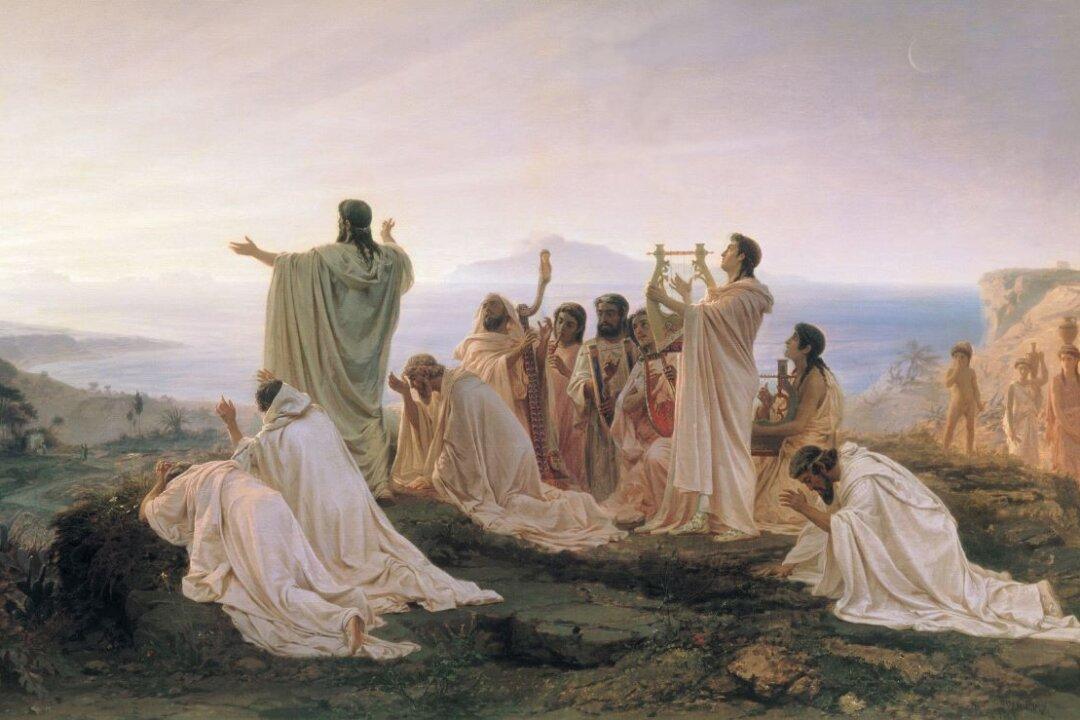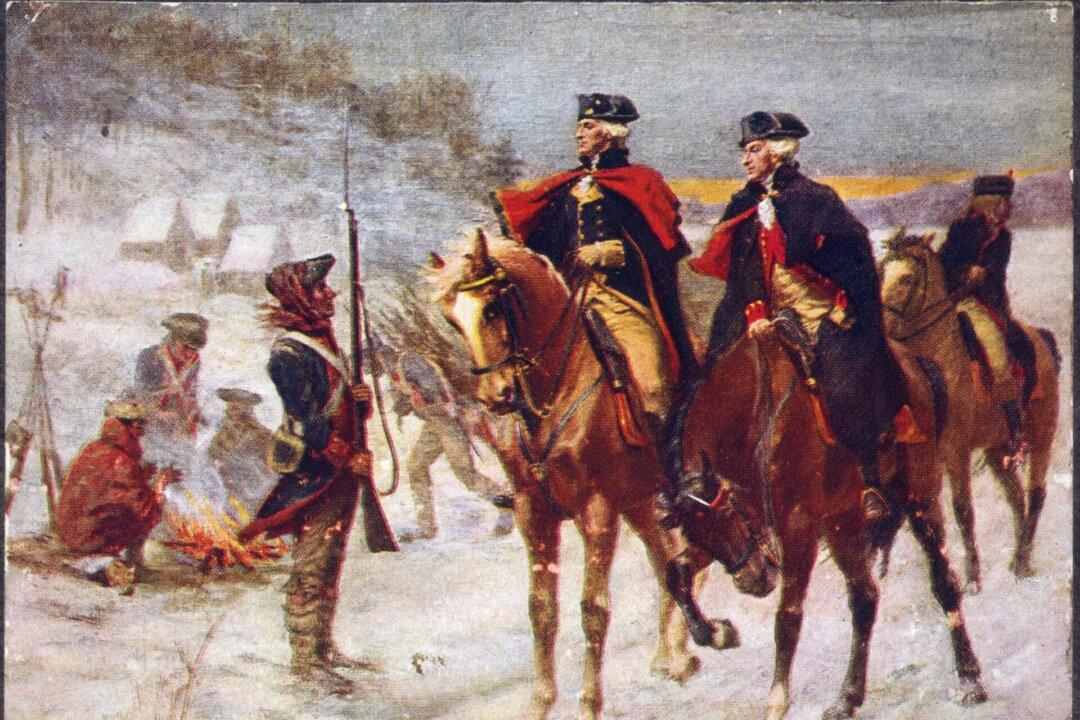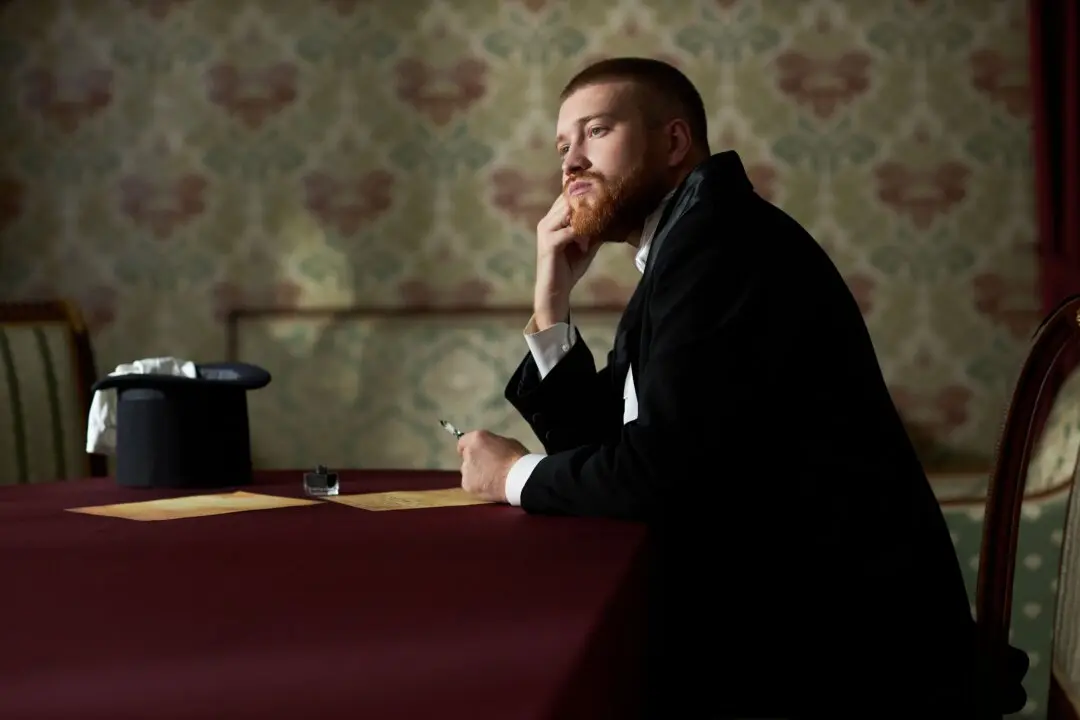During the First Continental Congress, the delegates universally approved a document read before them which opened with the audacious claim that “there are certain rights, to which we are entitled, in common with all mankind.” This document went on to list offenses of the British Crown and Parliament, admonishing the American colonies to “withhold all commercial intercourse with Great Britain” and raise local militias.
A year later, an article published in the Boston Evening Post argued that Americans were “compelled by the great law of nature to strike a decisive blow” against Great Britain, and “publish a manifesto to the world showing the necessity of dissolving their connection” with that nation.





